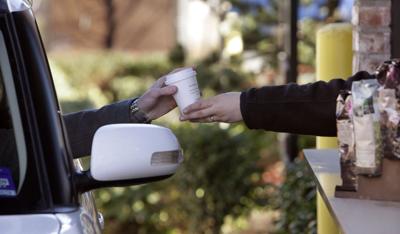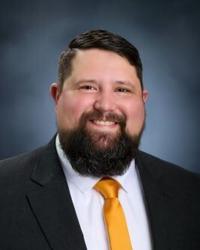(The Center Square) – The Washington staple of mom and pop coffee stands is in jeopardy after a new Washington State Department of Health ruling requires coffee and food stands to have permanent plumbing within their businesses.
Business owners in Snohomish County that are not plumbed received an email from the Snohomish Health District Food Safety Team. The email was sent as a heads up to owners about the change in ruling regarding permanent plumbing.
The message explained that the original Washington state rule allowed espresso stands and other movable concession stands to operate with potable water and wastewater tanks, rather than being permanently plumbed. However, the there would now be "no exemption for permanent plumbing in the Food Safety Code.”
Angie Jackson, the owner of the Cedar and Salt Coffeehouse in Coupeville, WA, started an online petition to change the rule after finding out about it. The petition on Change.org has garnered over 4,000 signatures since it was put up on June 7.
The new rule will cause “insurmountable and unimaginable” difficulty to adapt to, according to the petition.
“Even if they allow grand-fathered-in stands to remain unplumbed until they sell, it will still become a burden,” Jackson wrote in the petition. “Many of us small business owners are single parents...and grow our businesses by making them an investment by buying new stands and growing. Or we buy and sell. Or we move and sell.”
It is common for these coffee stands without permanent plumbing to use bottled water to clean dishes and haul the wastewater down a sink away from the business. But now that won’t be possible starting Sept. 1.
“What reason is good enough to do something this drastic? Are we not sanitary enough?” Jackson questioned in the petition. “Not one of my customers [has] gotten ill from being served a food or beverage item in the past five years. Is it due to waste water not being properly eliminated? Then let’s focus on a solution for just that! NOT A NEW LAW THAT WILL COST TENS OF THOUSANDS OF DOLLARS!”
The Snohomish County Health District is exploring options that take into account the feasibility of these businesses installing permanent plumbing before September.
In an email to The Center Square, Snohomish Health District Communication Coordinator Kari Bray said “this rule change took effect March 1, with a 6-month educational period ending Sept. 1.”
“Feedback will be shared with our Board of Health as the Food Team works with the Board to make sure we have clear options and can support businesses impacted by the state rule change,” Bray said.
Karissa Bresheare has owned the Gourmet Latte store chain for 27 years. She has been stressed since she heard about the new rule. Bresheare said in a phone call to The Center Square that “unless something changes, it’s game over come Sept. 1.”
Gourmet Latte employs close to 200 people. Bresheare considers her baristas as family. She said that if small coffee businesses are unable to set up permanent plumbing within their businesses, not only do owners lose their stores, employees could lose their jobs as well.
“For a lot of small business owners who have worked so hard for so long growing their business, the sale of their business will be their only retirement they have so there goes that!” Bresheare said in a follow-up email. “The question is, how are these espresso stands hurting Public Health? Why is this new law needed and who helped get this law enacted? I would really like to know who made the push for this new law, and I'm sure a lot of other operators are curious too.”
Washington is considered the birthplace of espresso drive-thrus. A crackdown that threatens smaller operators could potentially lead to bigger coffee franchises such as Starbucks gaining market share.
Bresheare said the next step in the fight against this ruling is to have people sign the petition made by Jackson and contact the Department of Health as well as their state representatives.









